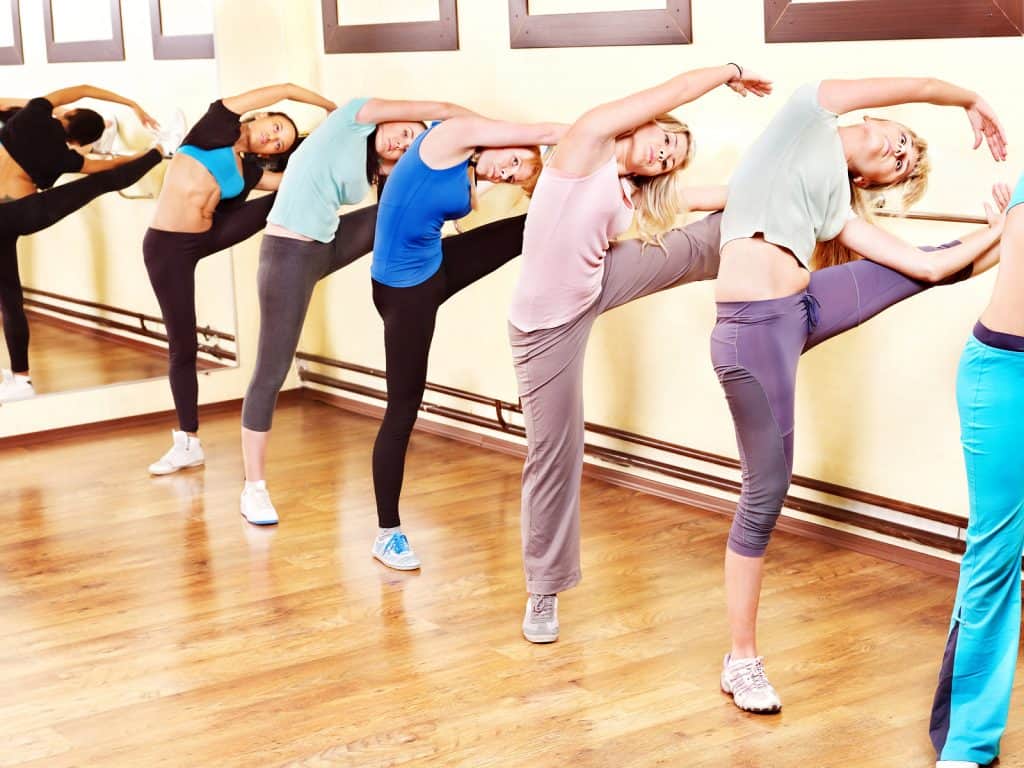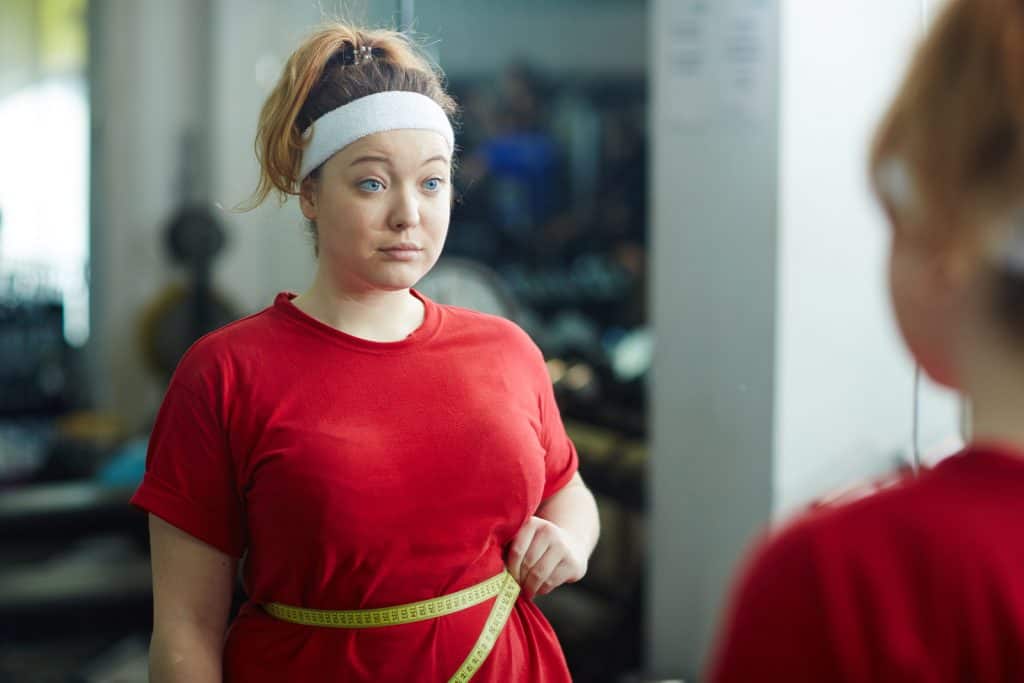The ways we perceive the actions of others reflect how we see ourselves. I knew I had a problem with shame because of how I’d been treating my partner.

It began innocently enough.
“Are you really going to eat all of that?” I’d ask playfully, as if monitoring his eating would negate my own cravings.
“You did what in high school?” I’d gasp, appalled at whatever crazy anecdote came up. As if I were Mother Theresa.
I was looking at his past under the same negative microscope with which I judged my own. This served to confirm my belief that my mistakes made me a bad person.
Shame was deeply rooted in my relationship history, but I covered it with false bravado, impulsiveness and deflection. Subconsciously, I kept focus away from my own negative qualities by looking for them in others. Even in those I loved.
At the time, I saw this as a positive behavior. I would point to something I saw as a fault in my lover, then actively assert myself in “helping” him fix it. I thought that this made me a good partner. But in truth, I was anything but.
I didn’t know how to love someone without trying to improve him or her somehow – even if my words said otherwise, and even if I didn’t really want to change them. I couldn’t help myself. Judgment, blame and shame were all that I knew, even when life was good.
“Blame is [a] defensive cover-up for shame. Blame maintains the balance in a dysfunctional system when control has broken down.” – John Bradshaw, Healing the Shame that Binds You
I could say that I developed these habits because of my religious upbringing, where love came with conditions. Or I could blame my actions on past relationships, because they all seemed to have been dysfunctional in this way. But to actually solve the problem, I would have to look at the common denominator in these factors: me.
I didn’t know how to love myself without pretense or perfectionism. And because I didn’t take the time to admit this before I entered the relationship, it took a big toll on my partner. I was ruining my life, without even realizing it.
At the time, I was convinced that I was in the right. I believed that caring for people in spite of their shortcomings was the same as unconditional love. The very foundation of my relationships had been poisoned by shame. I acted defensively by default, manifesting of my own deepest fears. I truly loved my partner, but I was doing it wrong.
It took a great deal of therapy, self-reflection and rock bottom moments for me to finally have the guts to look in the mirror and acknowledge the fearful person staring back at me.


